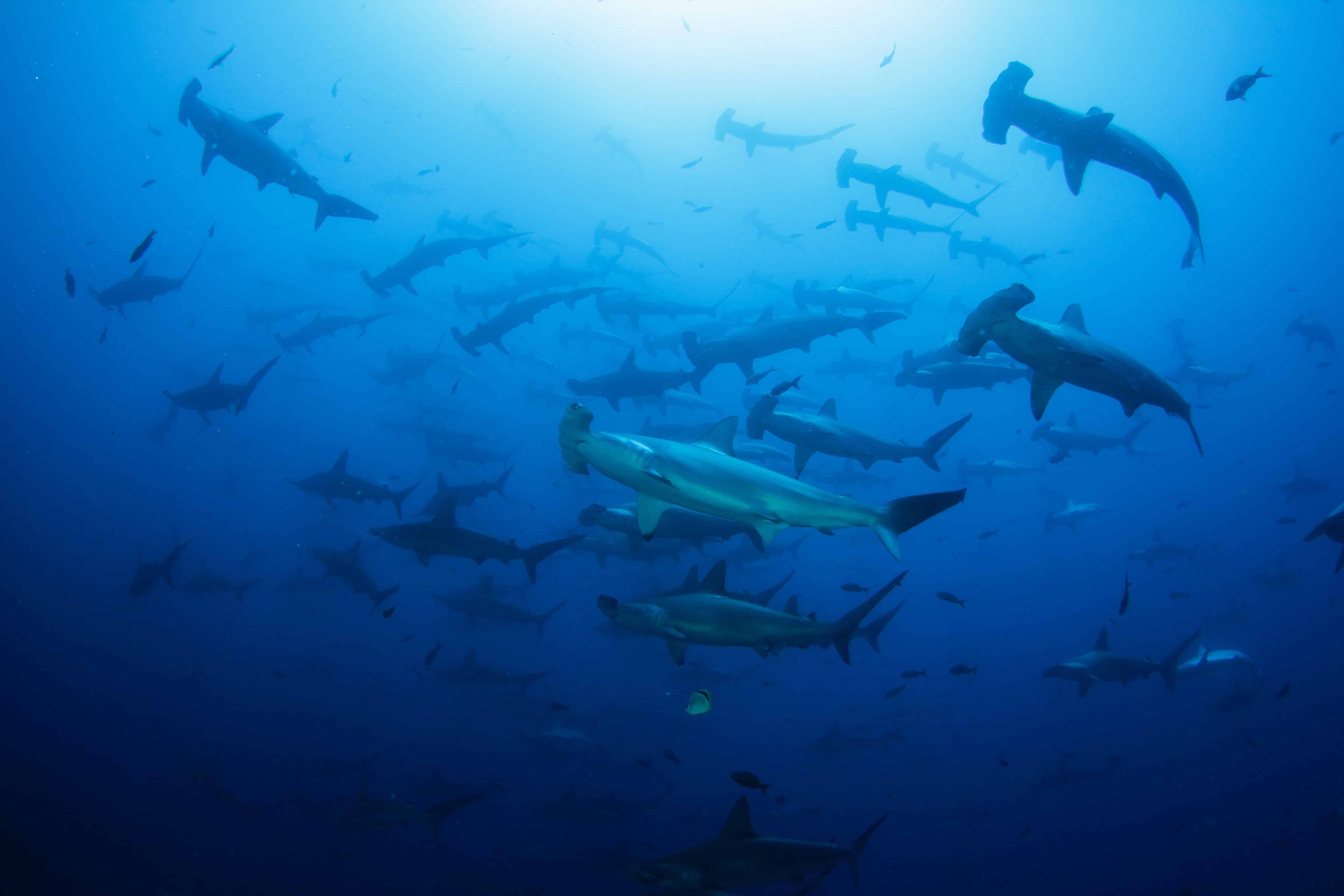Illegal fishing activities have recently been targeted by officials from the Tempisque Conservation Area (ACT) in response to numerous citizen complaints regarding illicit fishing practices in the Cabo Blanco area of Costa Rica. Through diligent operations, authorities successfully apprehended a boat from Puntarenas engaged in fishing within the Cabo Blanco region.
Another vessel, employing prohibited trammel nets as fishing gear, was also intercepted between Santa Teresa and Manzanillo. Consequently, the officers seized 256 kilos of fishing products, including 27 hammerhead sharks—a vulnerable species. The suspects were then handed over to Puntarenas judicial authorities for further legal proceedings.
In a significant move to protect Costa Rica’s marine biodiversity, a decree was signed in February by President Rodrigo Chaves Robles, Minister of Environment and Energy Franz Tattenbach Capra, and Minister of Agriculture Víctor Carvajal Porras, expressly prohibiting the capture, retention, storage, shipment, and commercialization of hammerhead sharks (Sphyrna lewini), (Sphyrna zygaena), and (Sphyrna mokarran) and their by-products. Hammerhead sharks hold immense ecological and economic value as they are a species of special importance.
The country’s dedicated sanctuaries, such as the Golfo Dulce and Cocos Island, serve as vital habitats for these majestic creatures, attracting thousands of tourists who contribute significantly to the local economy by observing these endangered species.
Rafael Gutiérrez, Vice Minister of Environment, emphasized the need to comprehend the true worth of Costa Rica’s wildlife, valuing it more when it thrives in its natural environment. The ongoing commitment to conservation and defense remains crucial for their long-term survival.
The significance of such operations conducted by SINAC (National System of Conservation Areas) cannot be overstated, as they allow for the apprehension of perpetrators involved in environmental crimes within the Tempisque Conservation Area.
In the latest operation, an extensive maritime route spanning 219 kilometers was covered, demonstrating the authorities’ commitment to safeguarding marine ecosystems. Hammerhead sharks, highly sought after for their fins, constitute a substantial portion of the global fin trade.
With prices reaching up to $1,000 per kilo in East Asian markets, the profitability of this illegal activity remains a grave concern, necessitating ongoing vigilance and stringent enforcement measures.
SINAC has urged the public to actively report any environmental crimes by dialing 1192 or utilizing the SITADA web page (www.sitada.go.cr). By encouraging citizen participation, Costa Rica aims to combat illegal fishing practices effectively and protect its rich marine biodiversity for future generations.






